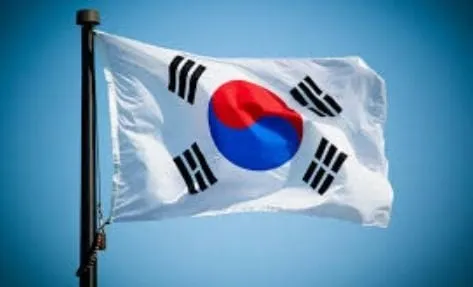What Are the Implications of US Attacks on Iran?

Synopsis
Key Takeaways
- Emergency meeting called by South Korea's finance ministry.
- Assessment of economic impact due to U.S. military actions.
- Focus on the Iran-Israel conflict and its implications.
- Collaboration among ministries to ensure national security.
- South Korea's heavy dependence on energy imports from the region.
Seoul, June 22 (NationPress) The finance ministry of South Korea announced on Sunday that it will convene an emergency meeting to evaluate the economic repercussions of recent U.S. strikes on Iran's nuclear sites and the intensifying conflict in the Middle East.
This crucial meeting will be led by acting Finance Minister Lee Hyoung-il, as stated by the ministry. Officials are anticipated to deliberate on the possible consequences of the Iran-Israel conflict on South Korea's economy and consider strategies to alleviate any negative impacts.
In a related event, the Ministry of Trade, Industry and Energy has also conducted a meeting to assess the effects of the U.S. attacks on South Korea's trade, energy resources, and supply chains, according to Yonhap news agency.
South Korea is heavily dependent on energy imports, most of which come from the Middle East.
U.S. President Donald Trump stated on Saturday (U.S. time) that American warplanes have targeted three major nuclear facilities in Iran, signifying a significant escalation in the ongoing war between Iran and Israel.
The presidential National Security Council assembled on Sunday to explore ways to lessen the impact of the Middle East turmoil following the U.S. strikes on Iran's nuclear installations, according to the presidential office.
National Security Adviser Wi Sung-lac conducted the meeting with presidential aides focusing on foreign affairs and security matters after the U.S. executed precision strikes on three pivotal nuclear sites in Iran amidst the escalating conflict.
During the session, Wi emphasized the necessity of safeguarding the lives and welfare of the Korean populace and maintaining stability in their daily lives, as reported by presidential spokesperson Kang Yu-jung.
"He urged effective communication and collaboration among pertinent ministries to mitigate the impact of the recent developments in the Middle East on the security and economic conditions of the Korean Peninsula," Kang mentioned.










